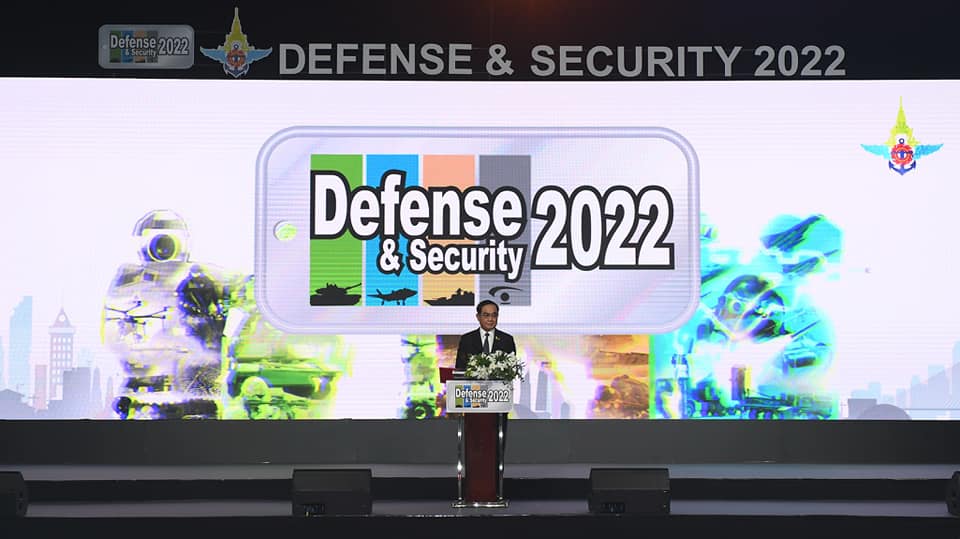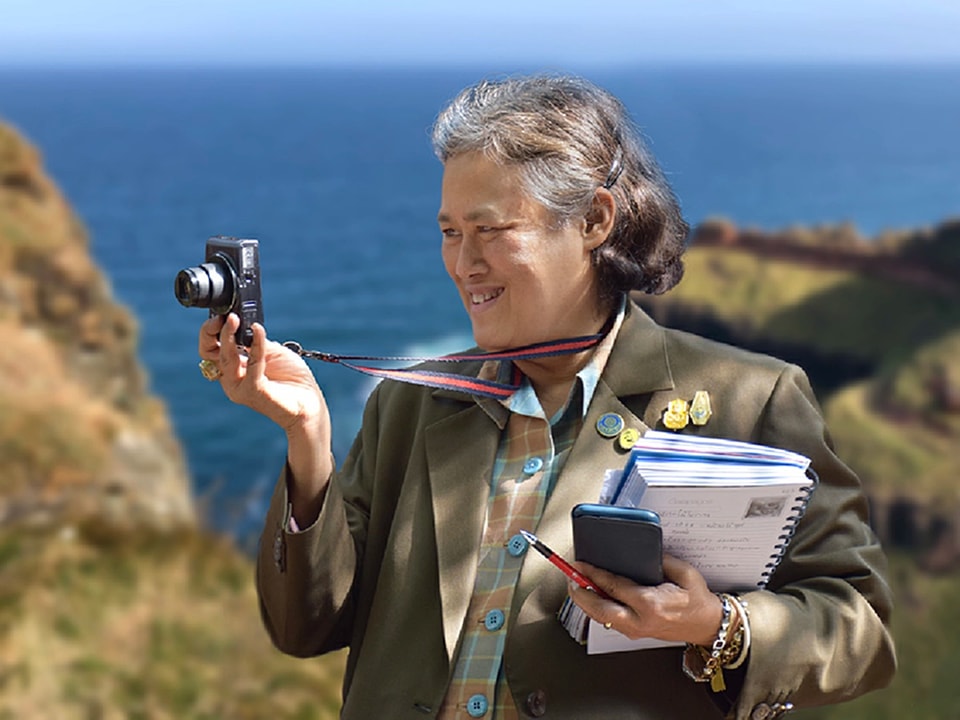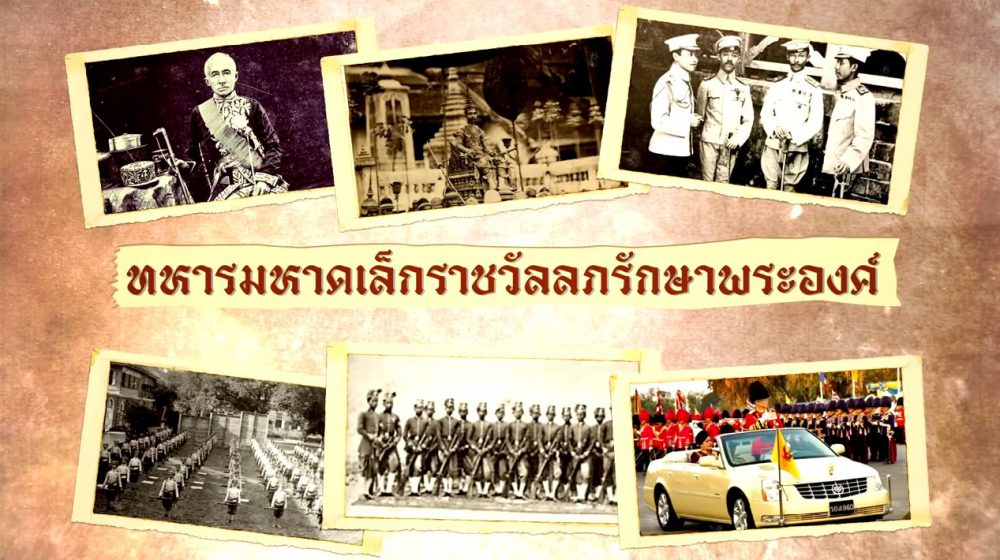การทูตและการทหารในสมัยสมเด็จพระนารายณ์มหาราช ตามที่ละครยอดนิยมแห่งปี ๒๕๖๑ “บุพเพสันนิวาส” ได้นำเสนอฉากที่สำคัญ คือ คณะทูตไทยนำโดยพระวิสูตรสุนทร คือ “โกษาปาน” อัญเชิญพระราชสาส์นสมเด็จ พระนารายณ์มหาราชและเครื่องราชบรรณาการถวายพระเจ้าหลุยส์ที่ ๑๔ ถือเป็นหนึ่งในฉากที่สำคัญของเรื่องอีกหนึ่งของละคร และสร้างแรงบันดาลใจให้คนไทยหันมาศึกษา ค้นคว้าประวัติศาสตร์ของไทยในสมัยสมเด็จพระนารายณ์มหาราชมากยิ่งขึ้น จึงได้ค้นคว้าใจความเป็นภาษาอังกฤษมาให้ผู้อ่านได้ศึกษาและฝึกฝนคำศัพท์ สำนวนภาษาอังกฤษกัน อ่านทำความเข้าใจ ศึกษาหาคำศัพท์ ความหมาย และอ่านซ้ำนะคะ
The Siamese embassy to France in 1686 was the second such mission from the Kingdom of Siam (modern Thailand). The embassy was sent by King Narai and led by ambassador Kosa Pan.
The embassy set out for France in 1686, accompanying the return of the 1685 French embassy to Siam of Chevalier de Chaumont and François-Timoléon de Choisy on two French ships.[1] The embassy was bringing a proposal for an eternal alliance between France and Siam. It remained in France from June 1686 to March 1687. Kosa Pan was accompanied by two other Siamese ambassadors, Ok-luang Kanlaya Ratchamaitri and Ok-khun Si Wisan Wacha,[2] and by the Jesuit Father Guy Tachard.
Kosa Pan’s embassy was met with a rapturous reception and caused a sensation in the courts and society of Europe. The mission landed at Brest, France before continuing its journey to Versailles, constantly surrounded by crowds of curious onlookers.
Landing in Brest on 18 June, on 1 September 1686 the ambassadors arrived at Versailles, where they were greeted by a crowd of 1,500. The silver furnishings were once again in place, flanking the route to the royal platform.
The stakes were high: the military support of Siam was to be won, or lost. Despite suffering from a fistula, Louis XIV received the ambassadors, who brought a box carrying a letter from King Narai.
Wearing their striking pointed hats, they bowed before the king as though he were a god. Contrary to their own custom, they were permitted to raise their eyes and look at him. The king invited them to visit his apartments and gardens, and after delivering the letter, the ambassadors withdrew backwards with their hands clasped together.
Upon leaving the Medal Cabinet one of the party declared that, in addition to the three greatnesses that were Man, God and Paradise, he now knew that of Versailles!
Unfortunately, the embassy did not have the desired outcome. King Narai was overthrown in 1688 and was replaced by a formidable tyrant, Phetracha, who permanently closed Siam to the West – except for Holland. The fight against the Dutch was far from over.
King of France from 1643 to 1715; his long reign was marked by the expansion of French influence in Europe and by the magnificence of his court and the Palace of Versailles (1638-1715).
Cr. พันเอกหญิง ดร.วันดี โตสุวรรณ
